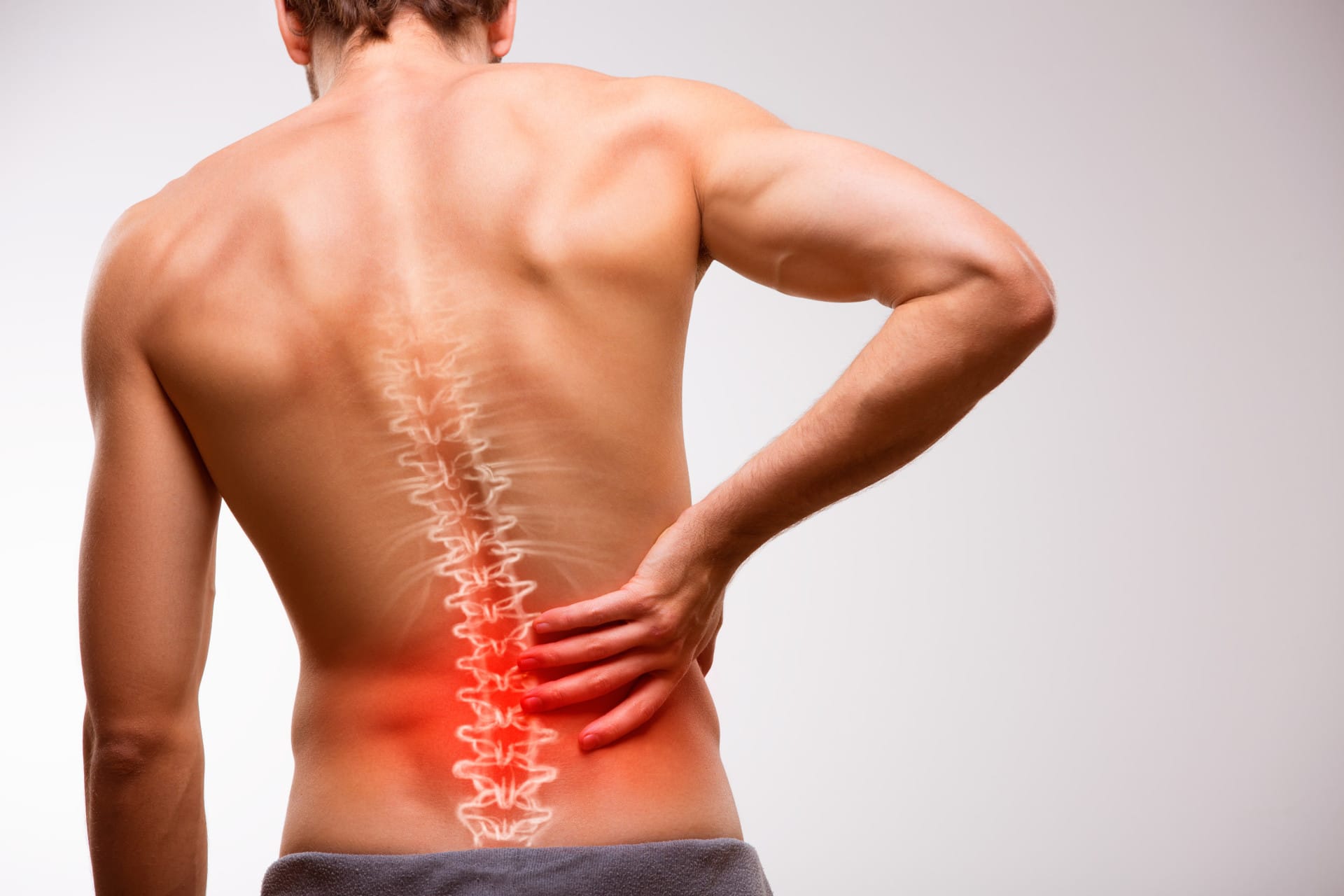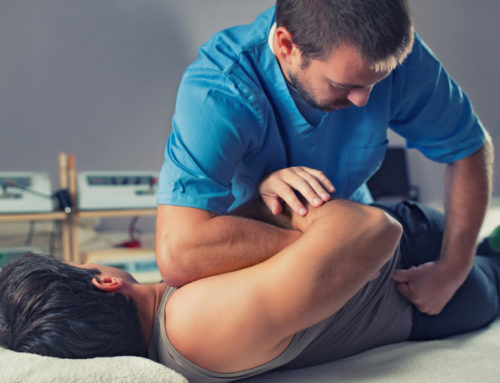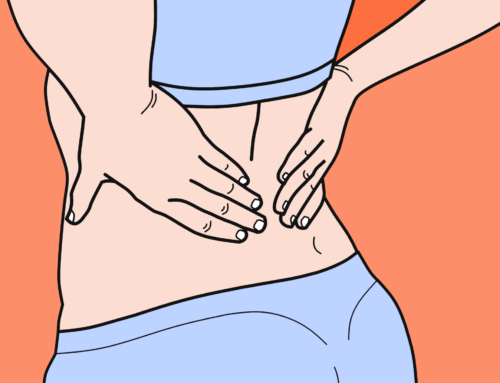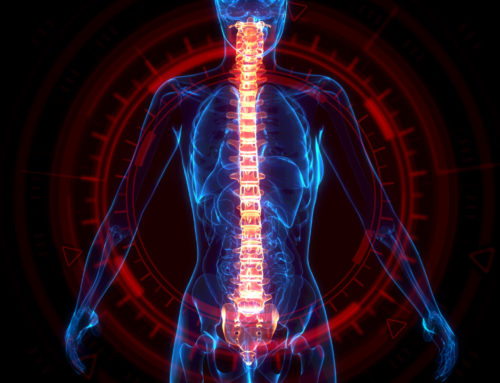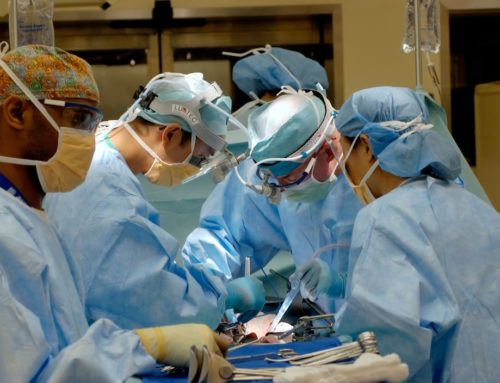About one to five percent of all people will have back pain caused by a slipped disc at some point in their lives. Although this condition is most common in people over 30, it’s good to be prepared for the possibility at any age. By recognizing the symptoms and sensations of a slipped disc, you can be proactive about taking care of yourself. You’ll even have a better idea of when it might be time to seek out back surgery. Read on to learn more about what a slipped disc feels like and what you can do about it.
What Is A Slipped Disc?
A slipped disc is also referred to as a prolapsed disc or a herniated disc. This happens when certain parts of your discs come out of alignment.
Your spinal column is made up of your vertebrae, all stacked on top of each other. Your discs sit in between the vertebrae to help cushion them and absorb excess shock. We put stress on our spines every day by just our regular activities, and our discs help protect our spines from that wear and tear.
There are two parts to a disc: a soft inner part, and a tougher outer ring. When the inner portion pushes through the outer ring, this is what’s considered a slipped disc. It can occur anywhere along your spine, from the vertebrae in your neck down to your lower back.
What Does A Slipped Disc Feel Like?
If you’re suffering from a slipped disc, you may experience a number of different symptoms. These could include:
- Pain or numbness, particularly on one side of the body
- Pain that radiates through your arms or legs
- Pain that gets worse with movement
- Muscle weakness
- Tingling, aching, or burning sensations
Everyone’s different, and different people may experience different symptoms. Some of these sensations are particular to when your slipped disc presses on a nerve and causes nerve compression. That can interfere with the signals nerves send to the rest of the body and cause things like numbness or tingling.
How To Treat A Slipped Disc
Since the severity of a case of a slipped disc can vary widely, treatments do as well. If you’re experiencing a lot of pain or imaging tests show that a disc is wildly out of place, you may need back surgery.
On the other side of the spectrum from surgery, some people treat herniated discs through exercise that emphasizes stretching and strengthening. Surgery isn’t usually recommended unless other interventions do not relieve your symptoms or your slipped disc affects your movement and muscle function.
Go To A Back Surgery Expert
If you’re experiencing symptoms and you’re worried that your slipped disc could be serious, don’t wait to seek treatment. Discuss options with your doctor or find a center that specializes in back surgery, like Howell Allen.
We have a team of exceptional physicians ready to help you relieve your symptoms and live pain-free. Contact us today to learn more about our services.

